compost only?
tom_n_6bzone
16 years ago
Related Stories

GARDENING GUIDESGet on a Composting Kick (Hello, Free Fertilizer!)
Quit shelling out for pricey substitutes that aren’t even as good. Here’s how to give your soil the best while lightening your trash load
Full Story
GARDENING GUIDESHouzz TV: Make a Worm Bin for Rich Soil and Happy Plants
A worm-powered compost bin that can fit under a sink turns food scraps into a powerful amendment for your garden. Here’s how to make one
Full Story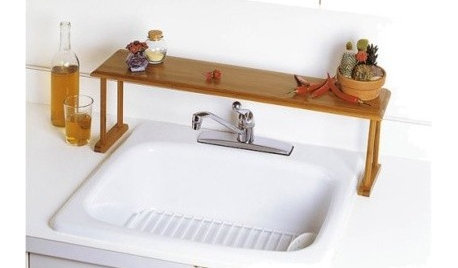
KITCHEN DESIGNGuest Picks: Organizing Your Kitchen for the New Year
Resolve to find a place for plastic bags, compost and piles of dishes to declutter your kitchen
Full Story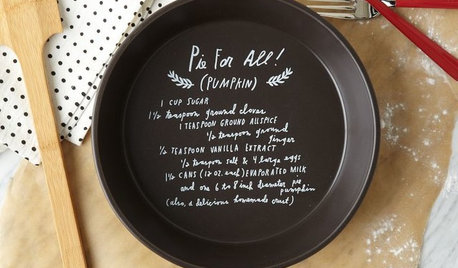
PRODUCT PICKSGuest Picks: Fall Entertaining Favorites
Make autumn feasts a piece of cake with chic compostable plates, pretty glasses, pie accessories and more
Full Story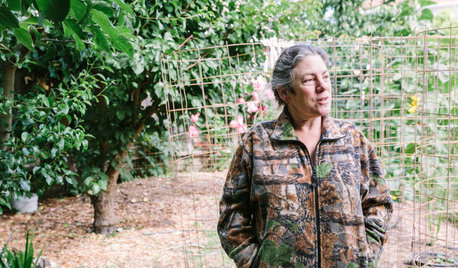
FARM YOUR YARDTo Get the Food They Believe In, These Urbanites Grow Their Own
Home gardeners farming on their city lots find that local, organic food isn’t the only reward
Full Story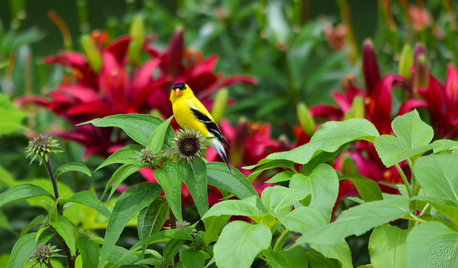
GARDENING GUIDESBackyard Birds: How to Care for American Goldfinches
The American goldfinch is a bright-in-the-summer visitor and one of the only vegetarian songbirds. Here's how to give them a healthy habitat
Full Story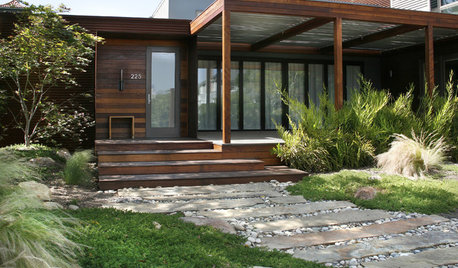
LANDSCAPE DESIGN7 Low-Maintenance Lawn Alternatives
Turf isn't the only ground cover in town. Get a lush no-grass lawn with clover, moss and other easy-care plants
Full Story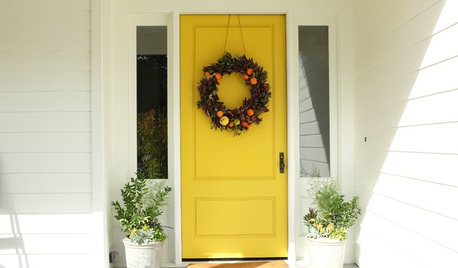
ENTERTAININGA Punch List for Party Decorating
Of course, food and friends are the only essentials for a holiday party, but a few special touches really turn up the cheer
Full Story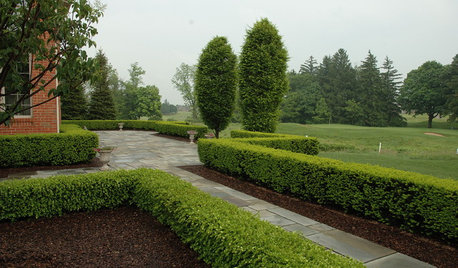
GARDENING GUIDESGreat Design Plant: Boxwood
This elegant evergreen can shape shift into forms limited only by a gardener's imagination and a clipper's reach
Full Story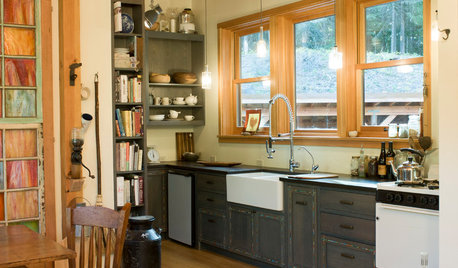
HOUZZ TOURSHouzz Tour: Off the Grid in the Remote Washington Wilderness
Not only does this house run on solar power, but it was built with it too
Full Story





amiller
neurotichamster
Related Professionals
West Milford Landscape Architects & Landscape Designers · Bell Gardens Landscape Contractors · Desert Hot Springs Landscape Contractors · Goodlettsville Landscape Contractors · Mesa Landscape Contractors · Northbridge Landscape Contractors · Paso Robles Landscape Contractors · Waldorf Landscape Contractors · Waltham Landscape Contractors · West Chicago Landscape Contractors · Golden Fence Contractors · Maywood Fence Contractors · Palm Harbor Fence Contractors · Palo Alto Fence Contractors · Orangevale Fence ContractorsRay Scheel
tom_n_6bzoneOriginal Author
arjo_reich
timewind
pen-chu
mddorogi
auntie_b
arjo_reich
newtxan
snibb
mddorogi
Leanne1
growsy
blindingbrown
KokomoJoe
snibb
Fascist_Nation
snibb
quantakid